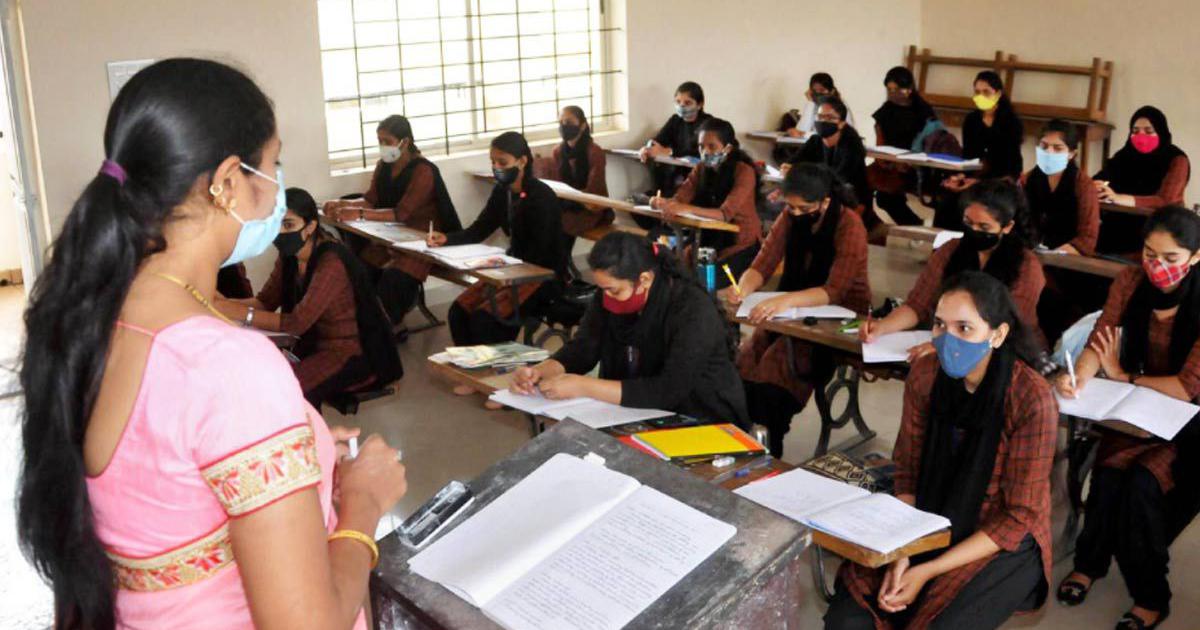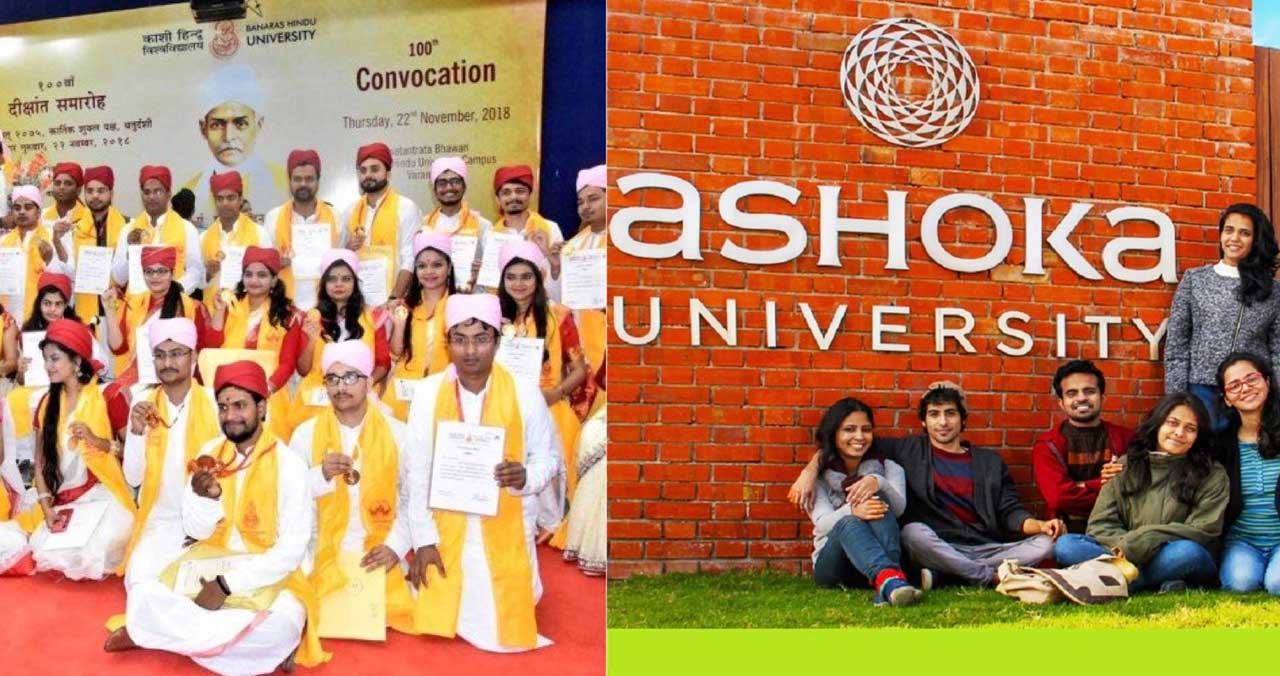The government has announced its intent to replace the University Grants Commission (UGC) with the Higher Education Commission of India (HECI). There have been many arguments for and against the HECI Bill. A few academicians believe that this will address the irregularities present in higher education. However, many feel the Bill opens up higher education to market forces, leading to its privatization. Supporters of the Dalitbahujan cause believe that giving more power to institutions like UGC means nothing more than giving them a free hand to establish upper-caste dominance. With the UGC at the helm, neither have we done any quality research, nor have we found a place at the world stage in the field of education. On the pretext of autonomy, higher education institutions have given short shrift to calls for social diversity on campuses. With the intervention of Parliament, the other backward classes (OBC), which form the largest segment of the population, have been granted access to higher education, but even today, obstacles remain at numerous levels, which could still keep them out. Many Dalitbahujan intellectuals also fear HECI paving the way for saffronization of education.
We invite you to join this debate on these issues centred around Higher Education Commission of India. If these issues have engaged your thoughts, put pen to paper and send us your article for publication. Please email your articles to editor@forwardpress.in
The government seeks to marketize higher education
-Vishad Kumar
Academics’ disagreement with the government’s intent to replace the University Grants Commission with a new body largely stems from the scope in the new Bill for political interference in higher education.
In the month of July, the Ministry of Human Resource Development (MHRD) announced that it was introducing a Bill in Parliament to repeal the UGC Act and replace it with the Higher Education Commission of India Act 2018 (HECI). Deliberations over the draft Bill are still continuing.
The Delhi University Teachers’ Association (DUTA) has opposed the government’s decision to wind up UGC. DUTA says direct interference of government will increase if the HECI Bill is passed. This is because when UGC becomes HECI, it will surrender its power to regulate and provide grants to universities to MHRD.
According to the draft HECI Bill, HECI will solely oversee academic matters. MHRD will sanction and release the grants.
Jayaprakash Gandhi, well-known academician, says, “The structure of the new system is such that the decision of political parties will prevail. This should ideally be done by academics and scholars who can take the country forward.” Yet, MHRD has said that the HECI Bill is based on the principles of minimum government and maximum governance, and seeks to end inspection raj, focus on academic quality and shut down poorly-run, bogus institutions.

As of now, UGC only publishes the list of bogus institutions on its website, but HECI will have the right to actually shut down bogus and poor-quality institutions. There will be a provision for both fines and punishment against organizations not adhering to the order. Is the government trying to arm itself with the authority to close down institutions if they they don’t toe its line? There is good reason to be suspicious about this aspect of the Bill.
A MHRD spokesman sought to assuage the concerns and said, “The doubts expressed in connection with the power to disburse grants being shifted to the ministry under the proposed HECI Act 2018 are baseless. Even though many expert committees in the past have recommended the separation of ‘rule-making’ and ‘grant-issuing’ powers and it is based on concrete principles of governance, no final decision has been taken with respect to giving the grants-issuing power to the ministry.”

According to the spokesperson, “The issuance of grant will be an online process. This is a process in which transparency and effectiveness are guaranteed due to minimal human intervention. We promise that if there is another arrangement in place of the existing system of UGC disbursing grants then it will be a fair arrangement.”
Another step towards privatizing higher education
The government has thus given four arguments to wind up UGC:
1) Improve quality of education, research and regulation
2) Grant autonomy to educational institutions
3) Eliminate the “Inspector Raj”
4) Take action against bogus institutions, because the UGC can only list the names of those institutions on its website.
Many intellectuals consider the decision of repealing UGC as a progressive step. This is because the menace of bogus institutes and nepotism in this sector is widespread. However, a closer look at the HECI Bill, which has been projected as a solution to these existing problems, can be unsettling to the mind:
- The new commission will be totally under the control of the central government. There is nothing in the Bill that keeps the central government from interfering. In case there is a disagreement between the commission and the union government , the decision of government will prevail. How can such a subservient body provide autonomy to the institutions under it?
- The commission will steer clear of funds disbursal. It will only regulate aspects related to education, recognition, research and quality. Yet, a “doyen of industry” will be part of the commission. What is the need for this “doyen” to be present?
- The draft is silent on how the commission will make research and quality better. It doesn’t lay down a procedure to make this happen.
- The draft is also silent how it intends to bring the “inspector raj” to an end. It doesn’t have an alternative to ensure the institutions are adhering to its guidelines.
- This commission will have the right to take action against poorly-performing institutions. Here, a question arises, why UGC did not have this right?
The government is lying about grant disbursal. It has created RUSA (Rashtriya Uchhtar Shiksha Abhiyan), which aims at providing strategic funding to eligible state universities, and HEFA (Higher Education Financing Agency) to fund central institutions. This changes funding mechanism in higher education from grants to loans. Hence, the institutions will be forced to pay it back. MHRD will bear the interest on the loan.

This funding mechanism does not find a mention in the HECI Bill. Essentially, the formation of this commission is another step towards opening up of institutions of higher education to market forces. Declared autonomous, these institutions will be forced to raise funds on their own to meet their budget.
When the HECI Bill revealed that MHRD would be disbursing grants to institutions on its own without involving the new institution, it became clear to experts that the market, and not the ministry, would be funding the institutions.
The experts’ fears were confirmed when the Union Cabinet decided to increase HEFA’s capital base from Rs 2,000 crore to Rs 10000 crore. Earlier, HEFA served only Indian Institutes of Technology (IITs), National Institutes of Technology (NITs), the Indian Institute of Science (IISc), the Indian Institute of Science Education and Research (IISER). Now its scope has been expanded to include central universities too.
The game being played
On the one hand, there is a drive to wind up UGC, while, on the other hand, the capital and scope of HEFA has been increased. This is nothing but a move to turn funding mechanism required for research and infrastructure in institutions of higher education from grants to loans. HEFA is not a government organization. It has been registered as a non-banking financing company (NBFC) with RBI. Please note that it is a “financing agency”, not a grant-disbursing agency.
HEFA’s job is to lend to institutions by taking capital from the market. HEFA’s website says it seeks to channelize CSR (corporate social responsibility) contributions from companies and donations towards higher education. HEFA is an attempt to kill many birds with one stone. CSR have always been a game. Now the corporates have been given the opportunity to use CSR to earn profits.
This simply means that the fees for higher education will increase as the control of the market over the institutions increases. Government will divert public money to the corporates on the pretext of paying interest. This is a case of crony capitalism. The conspiracy of marketization of education is thus being executed in a very planned manner, step by step. If we don’t fight now to save our education system, there will be nothing for us to save in the coming days.
Translation: Lokesh Kumar; copy-editing: Anil
Forward Press also publishes books on Bahujan issues. Forward Press Books sheds light on the widespread problems as well as the finer aspects of Bahujan (Dalit, OBC, Adivasi, Nomadic, Pasmanda) society, culture, literature and politics. Contact us for a list of FP Books’ titles and to order. Mobile: +917827427311, Email: info@forwardmagazine.in)
The titles from Forward Press Books are also available on Kindle and these e-books cost less than their print versions. Browse and buy:
The Case for Bahujan Literature
Dalit Panthers: An Authoritative History






